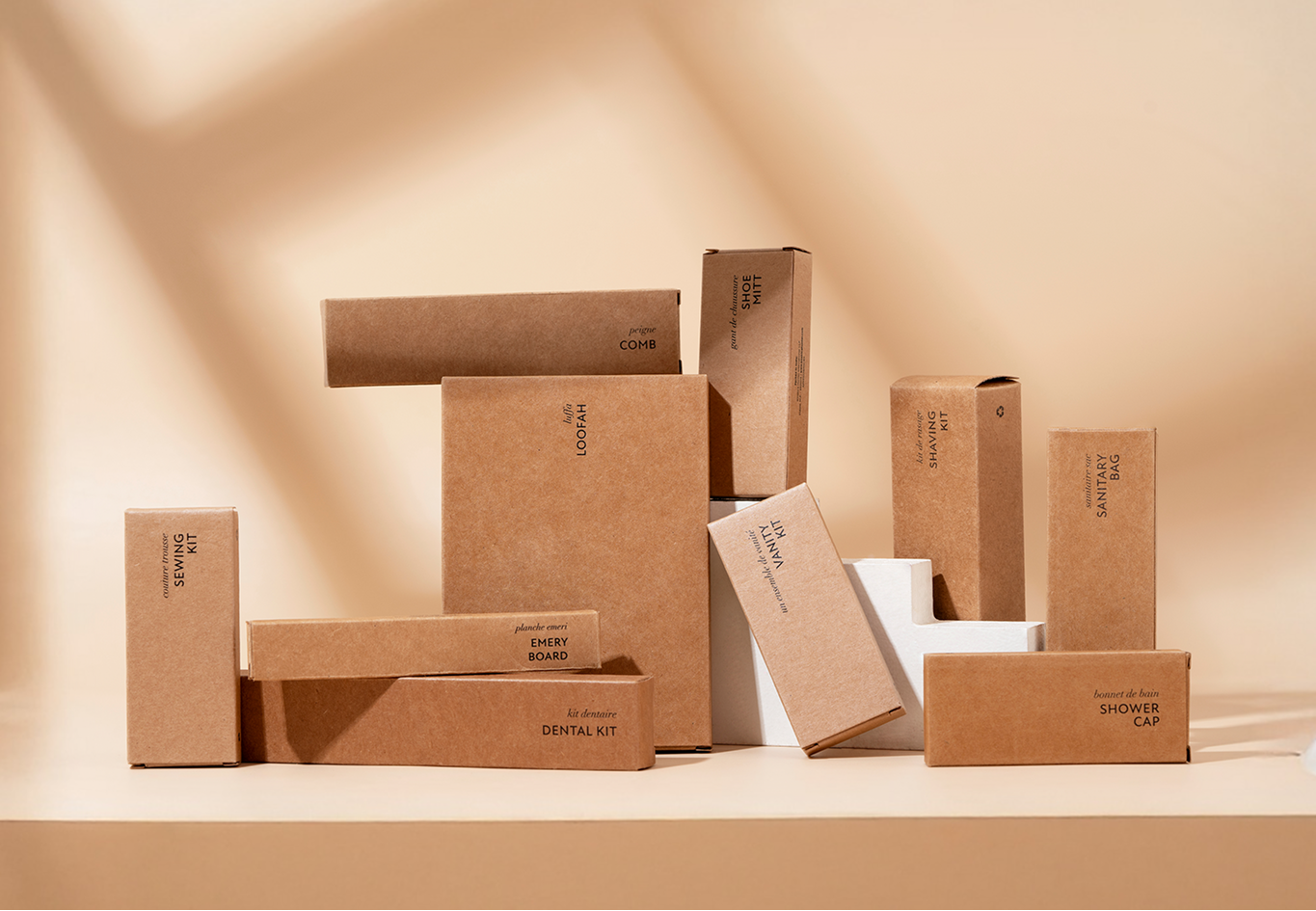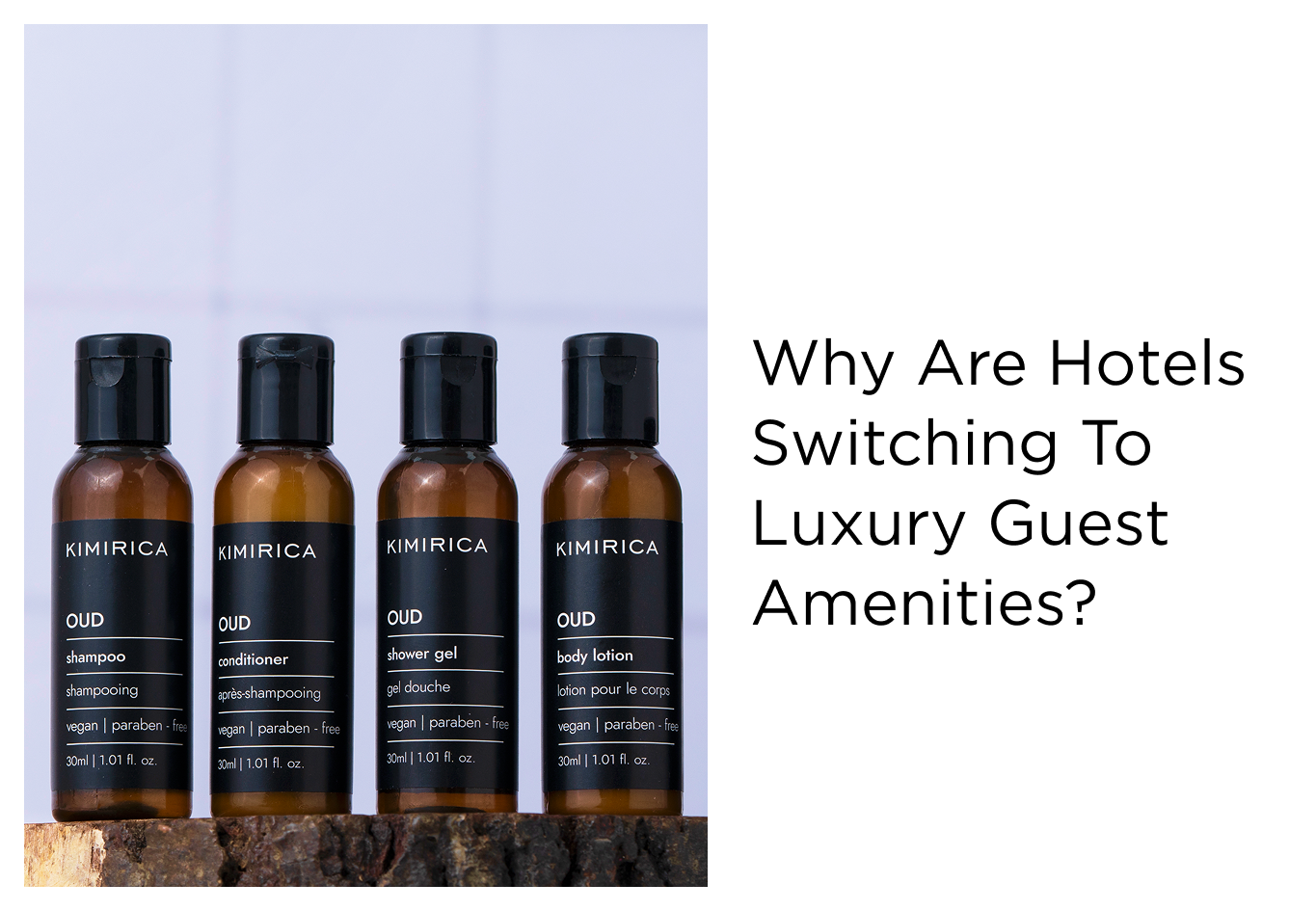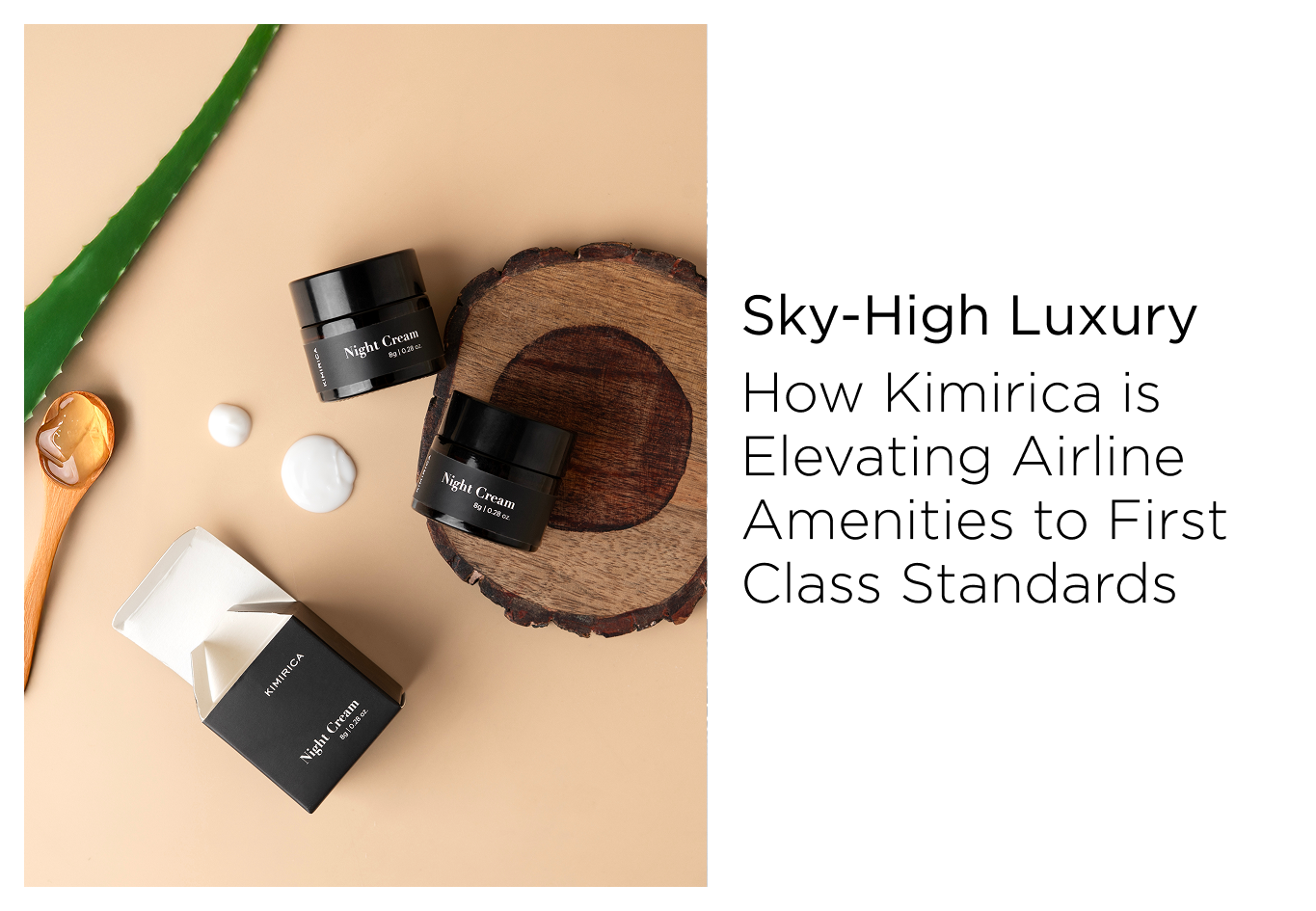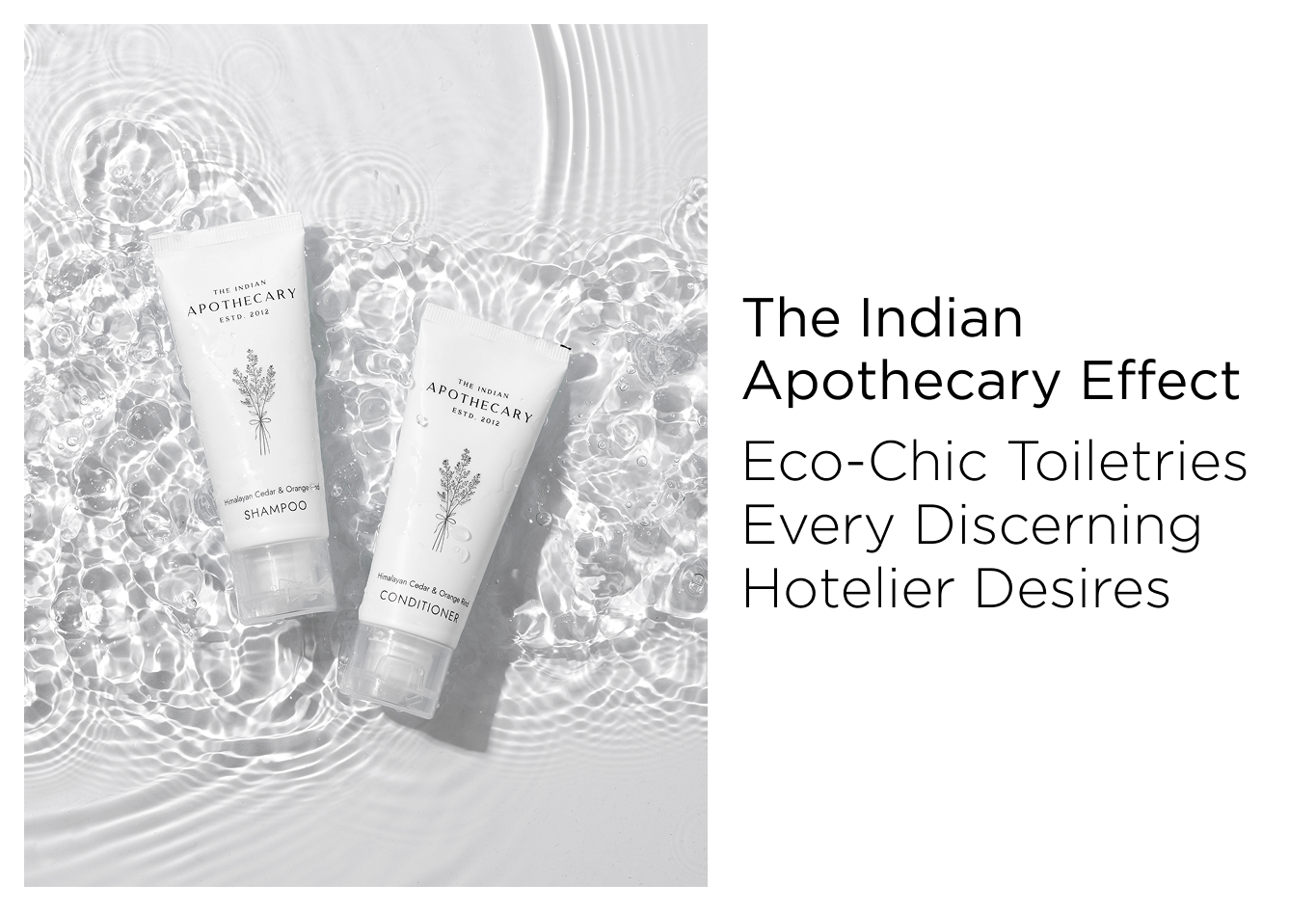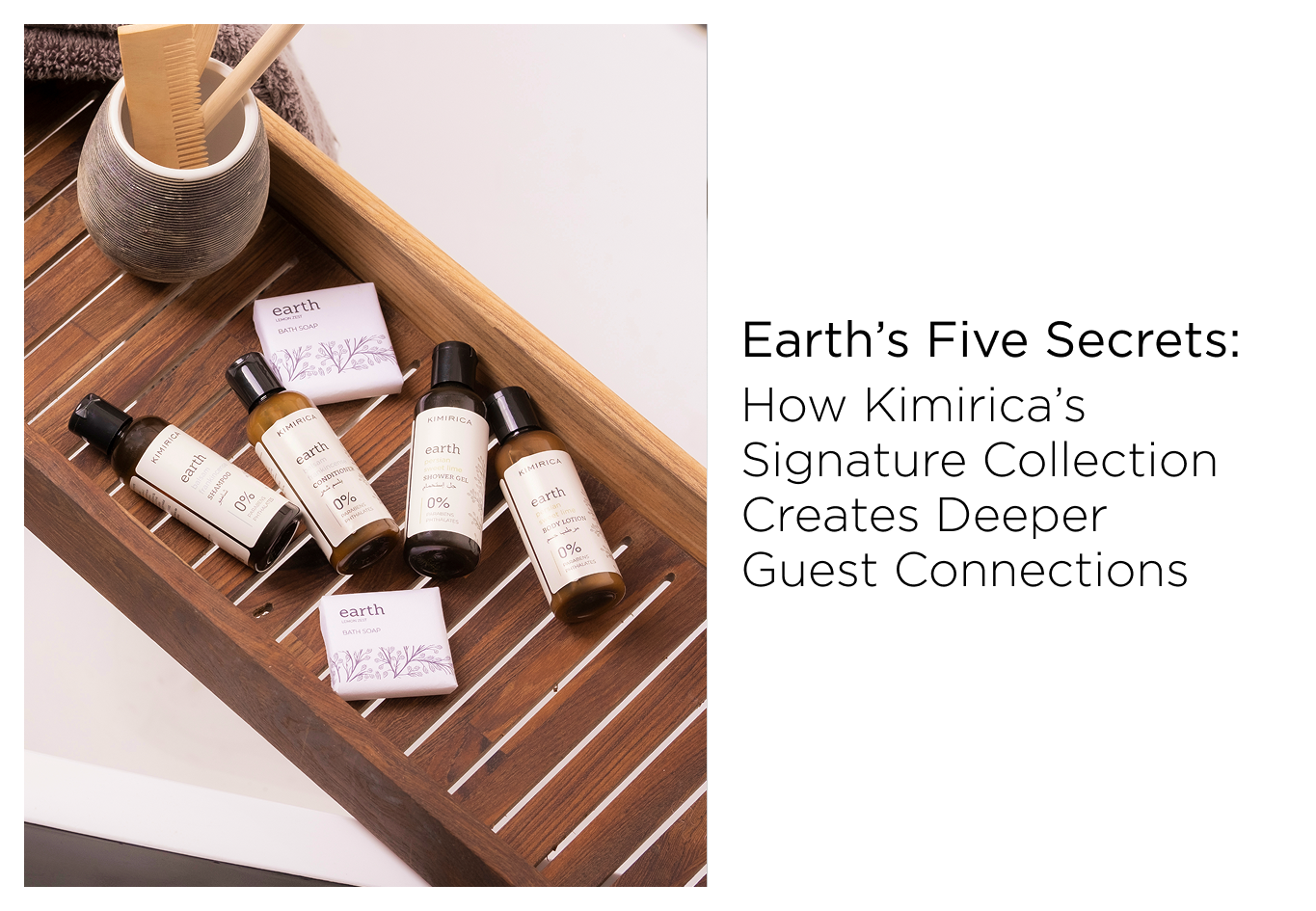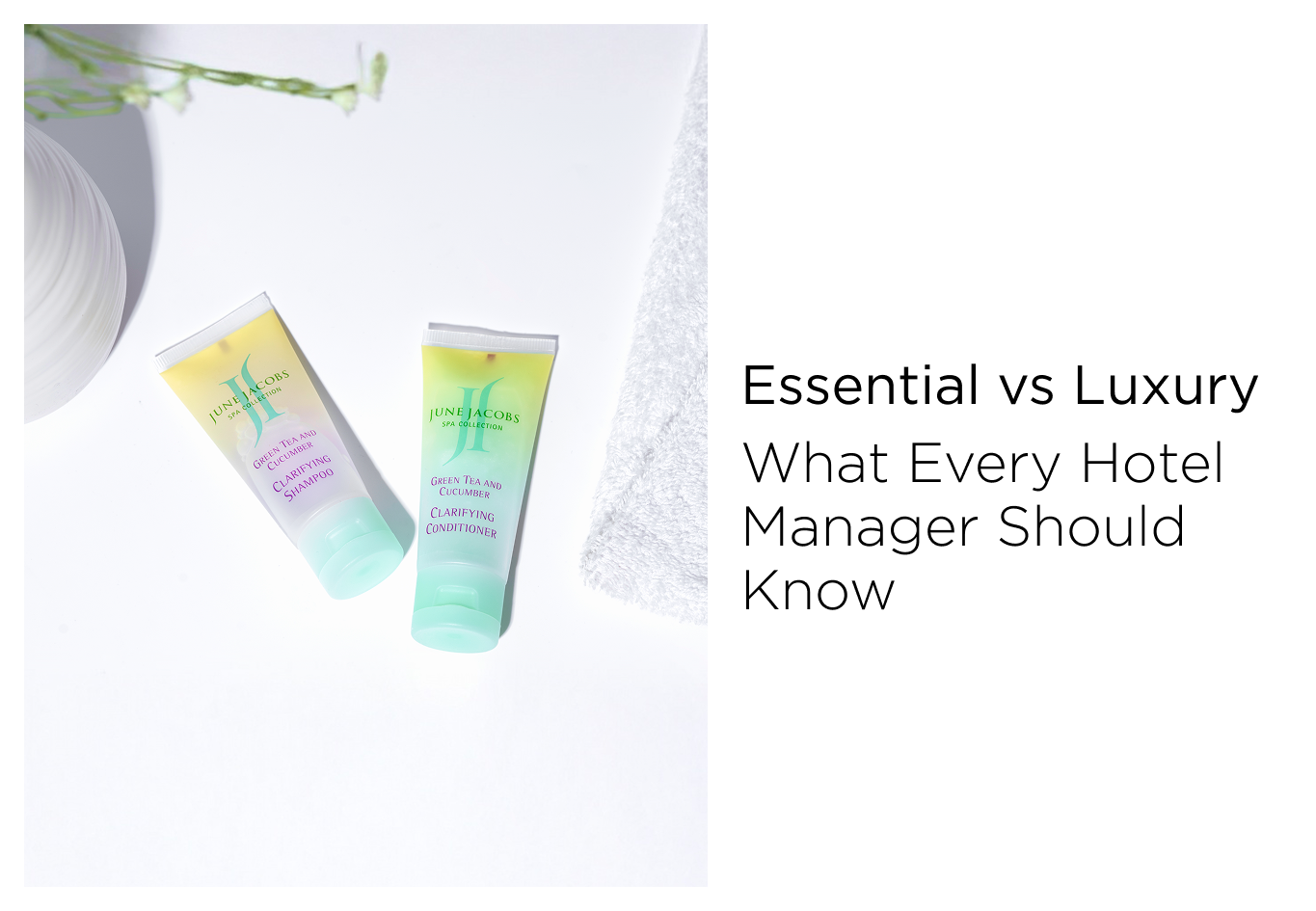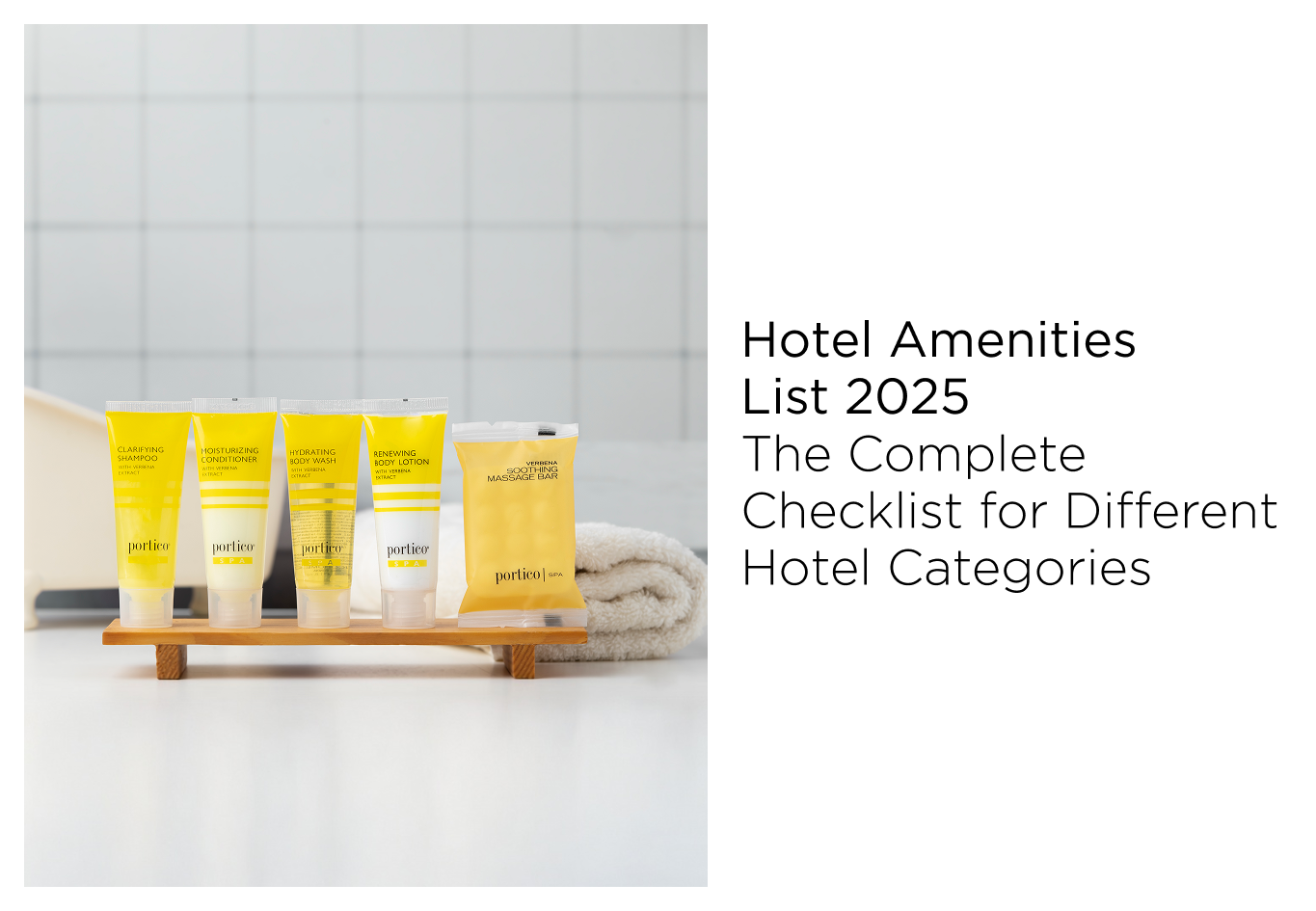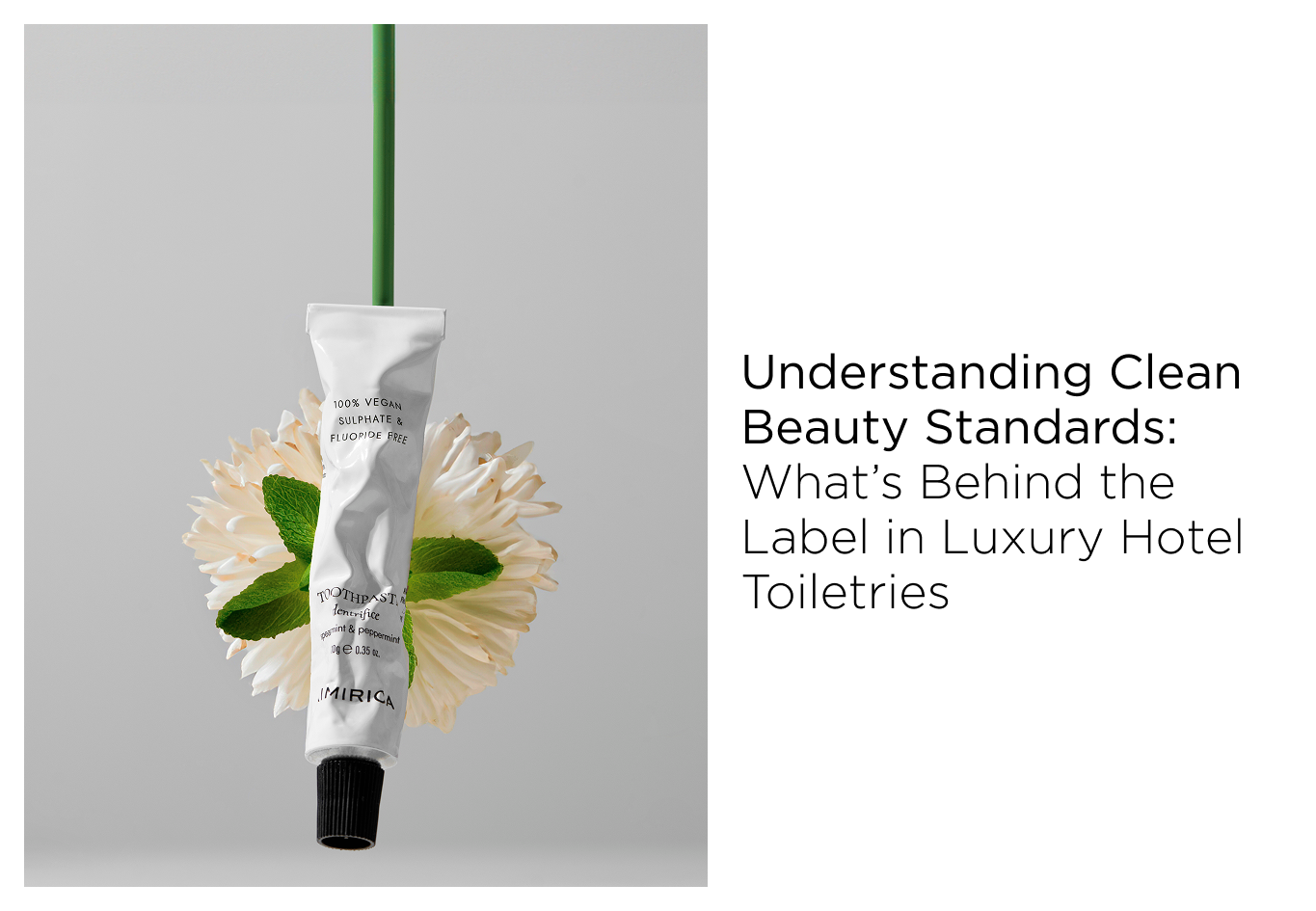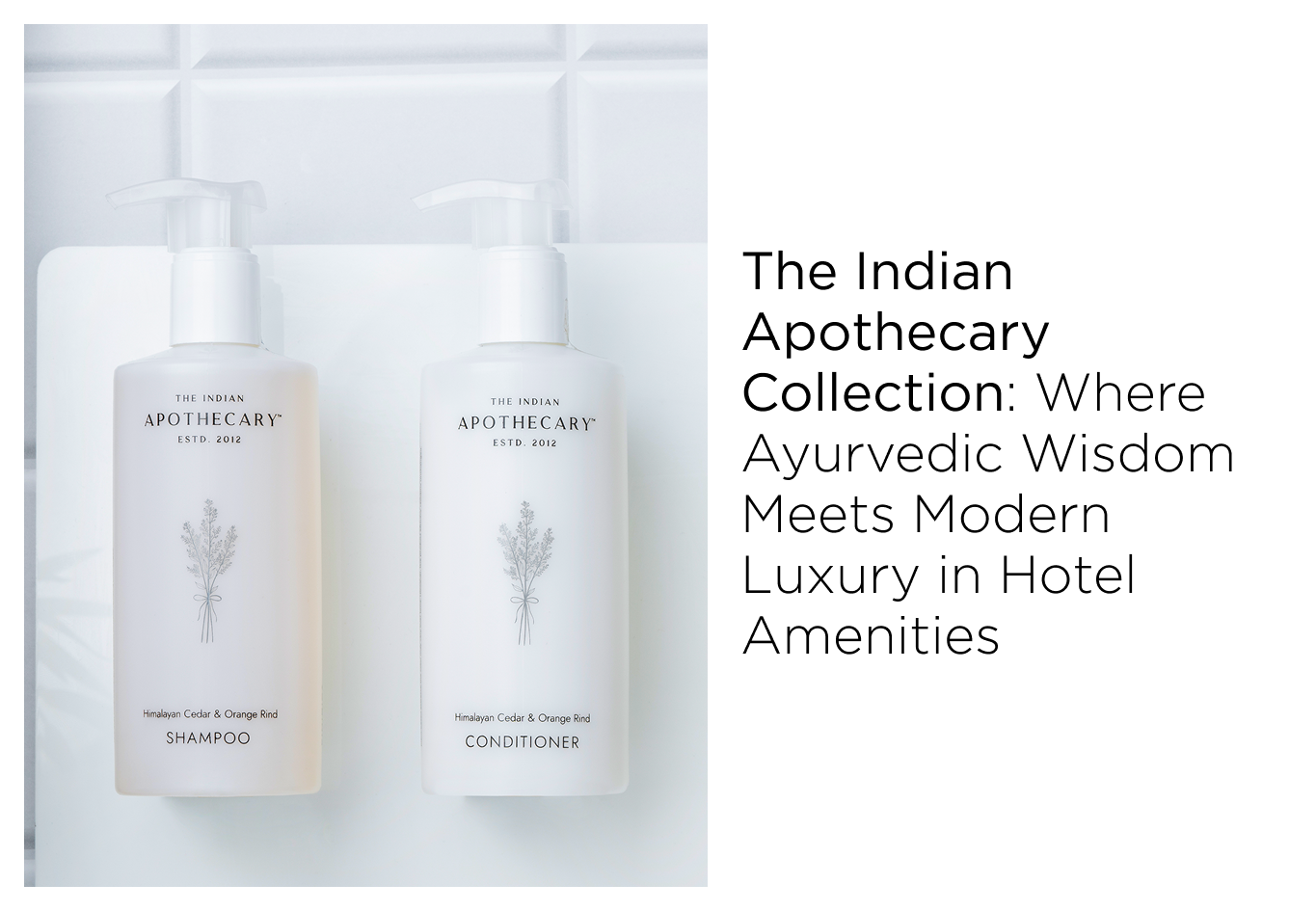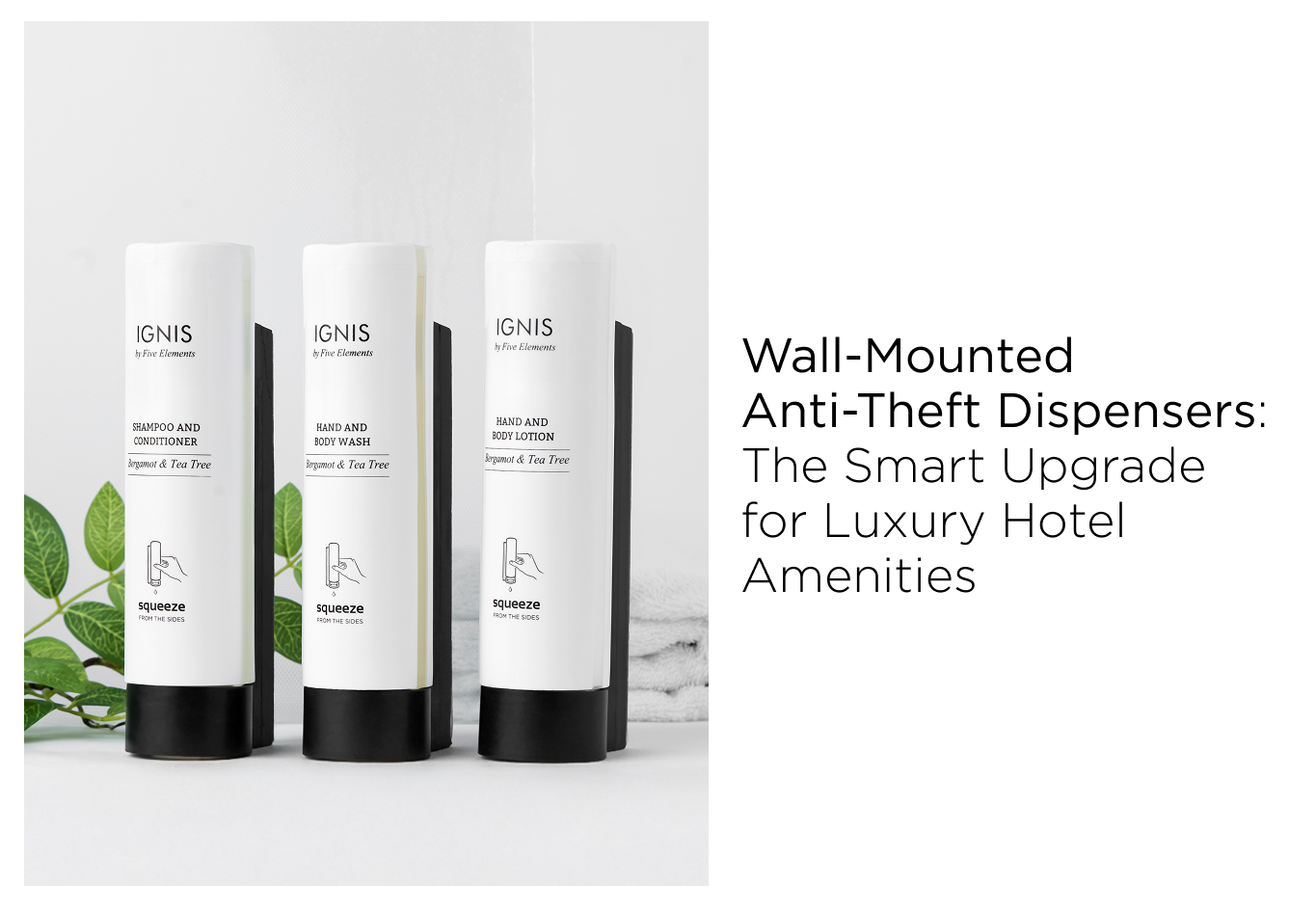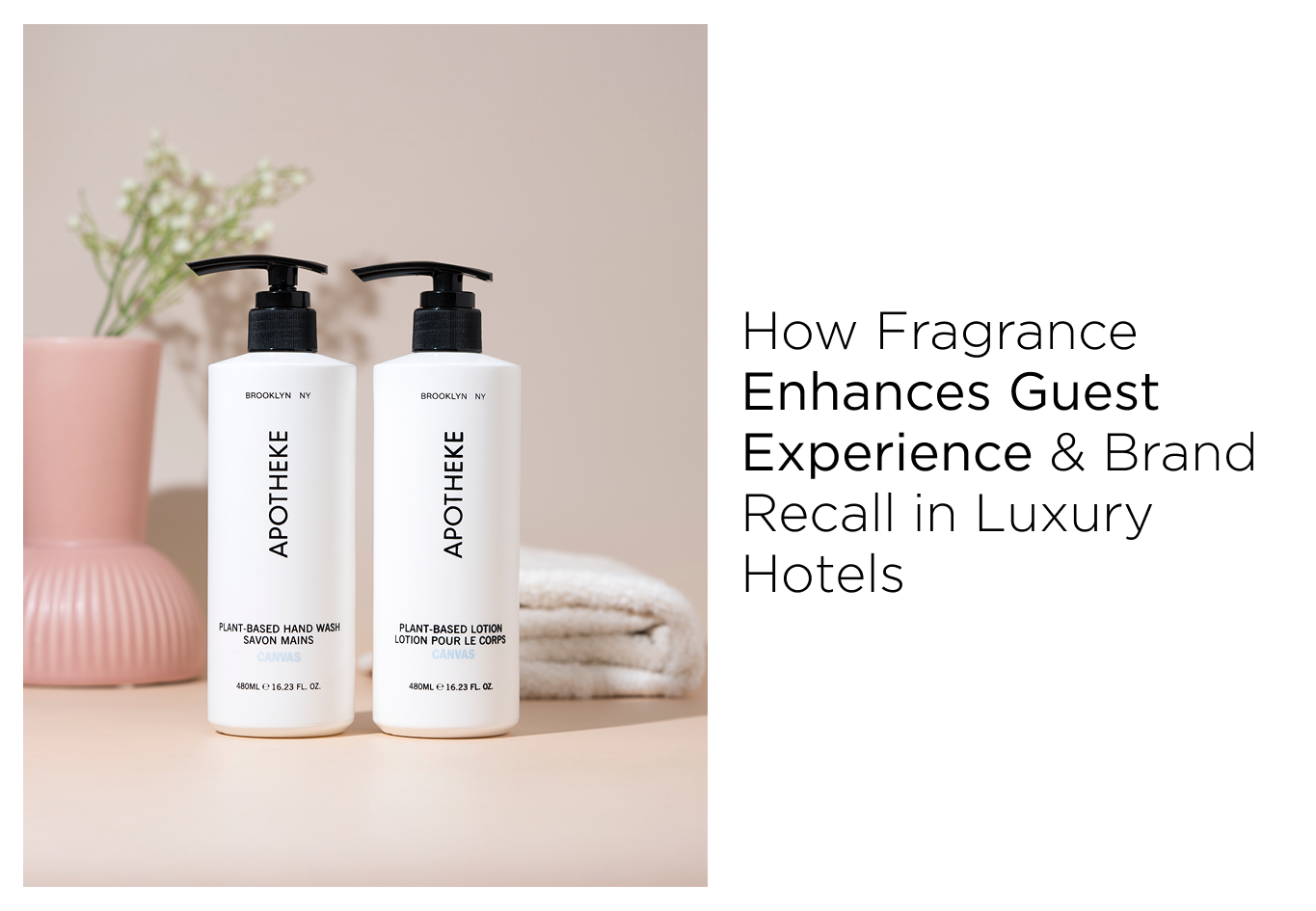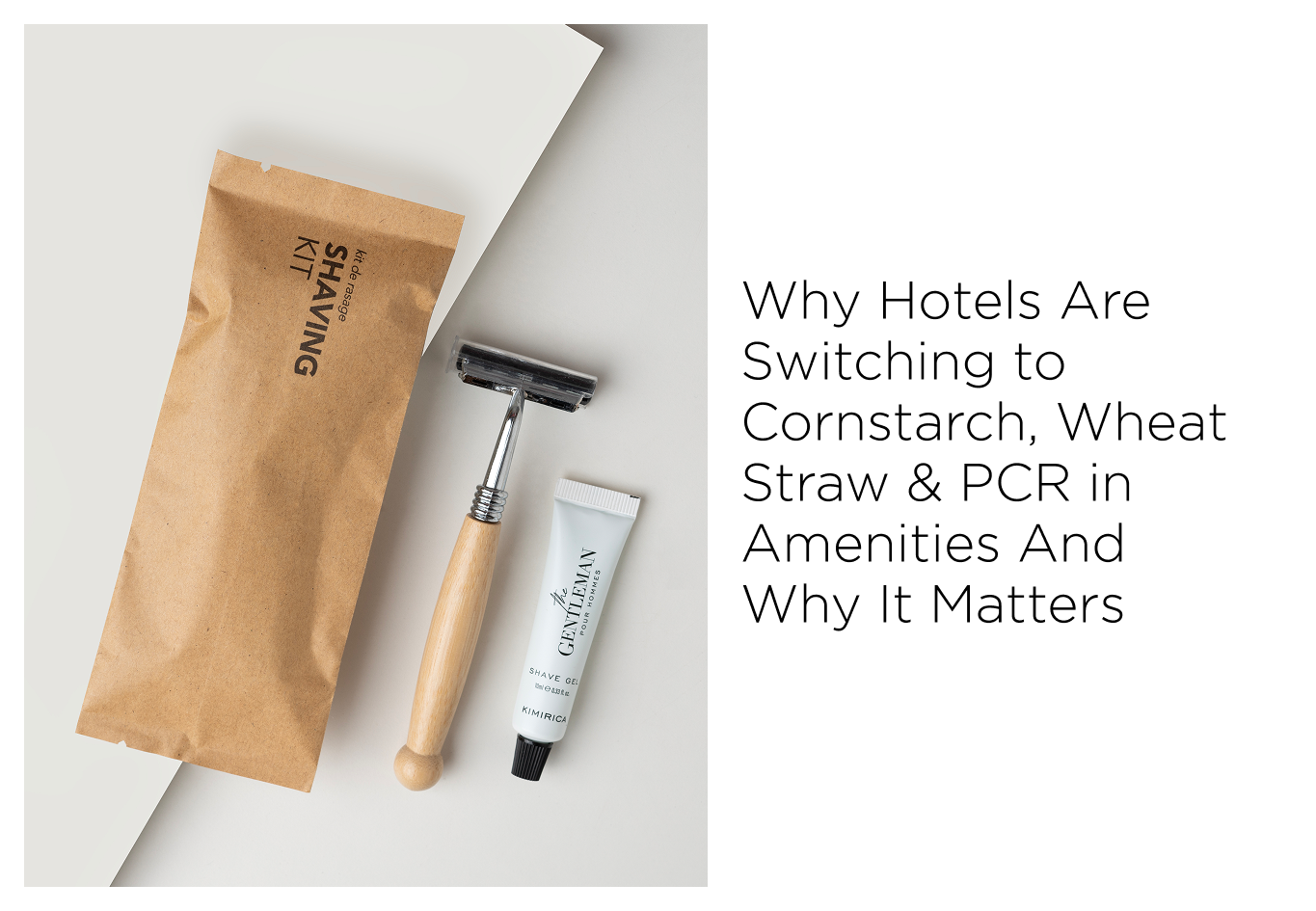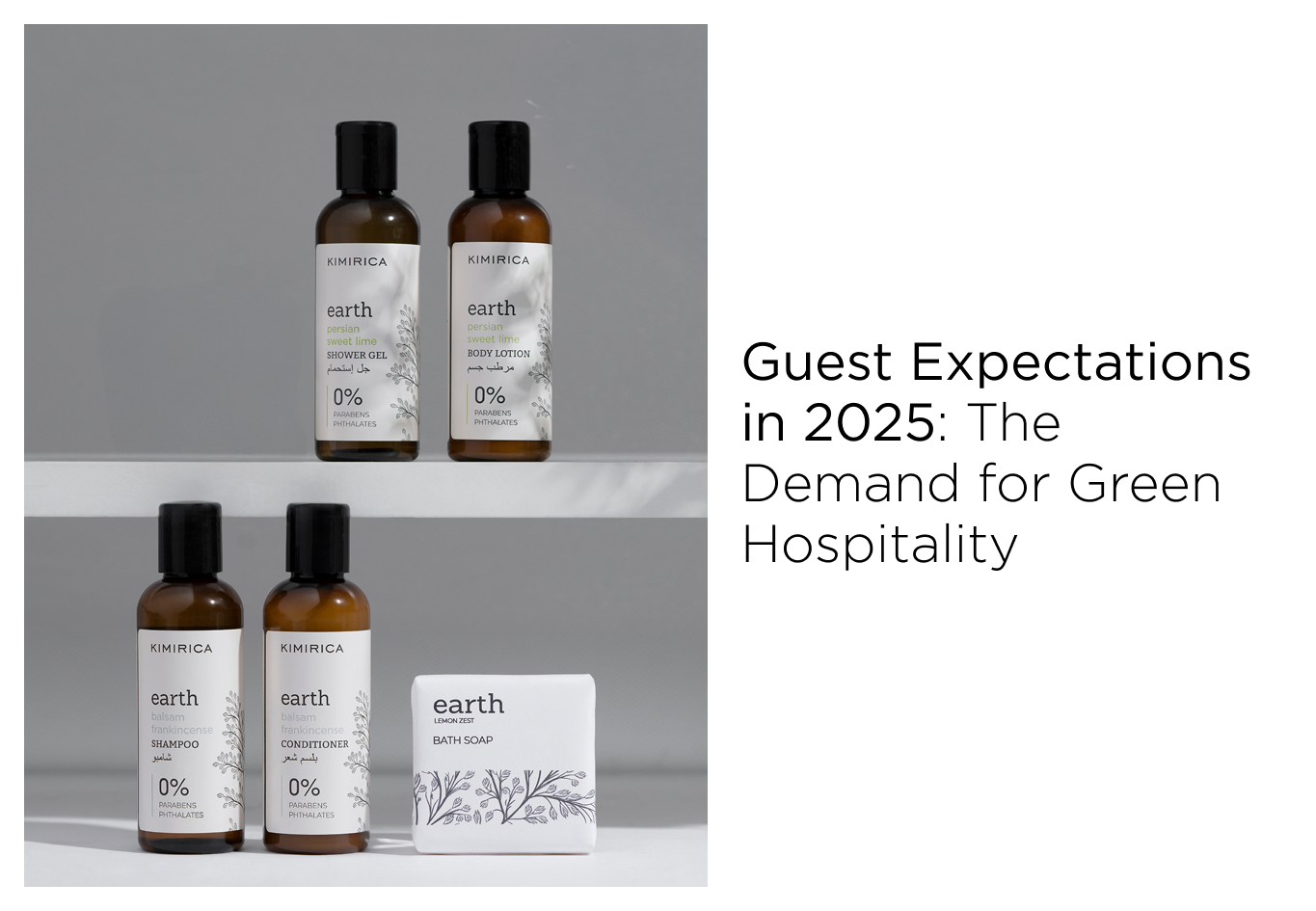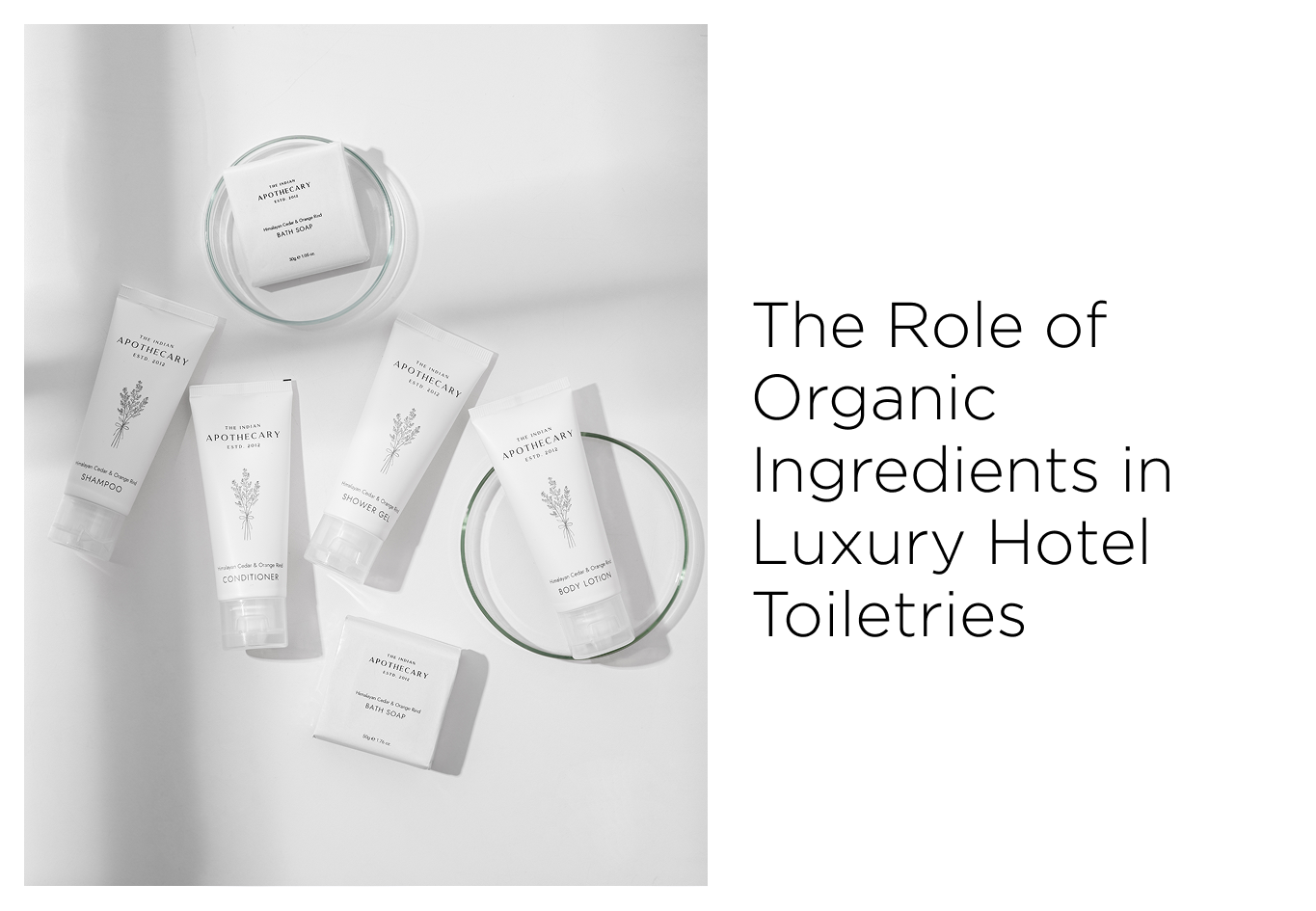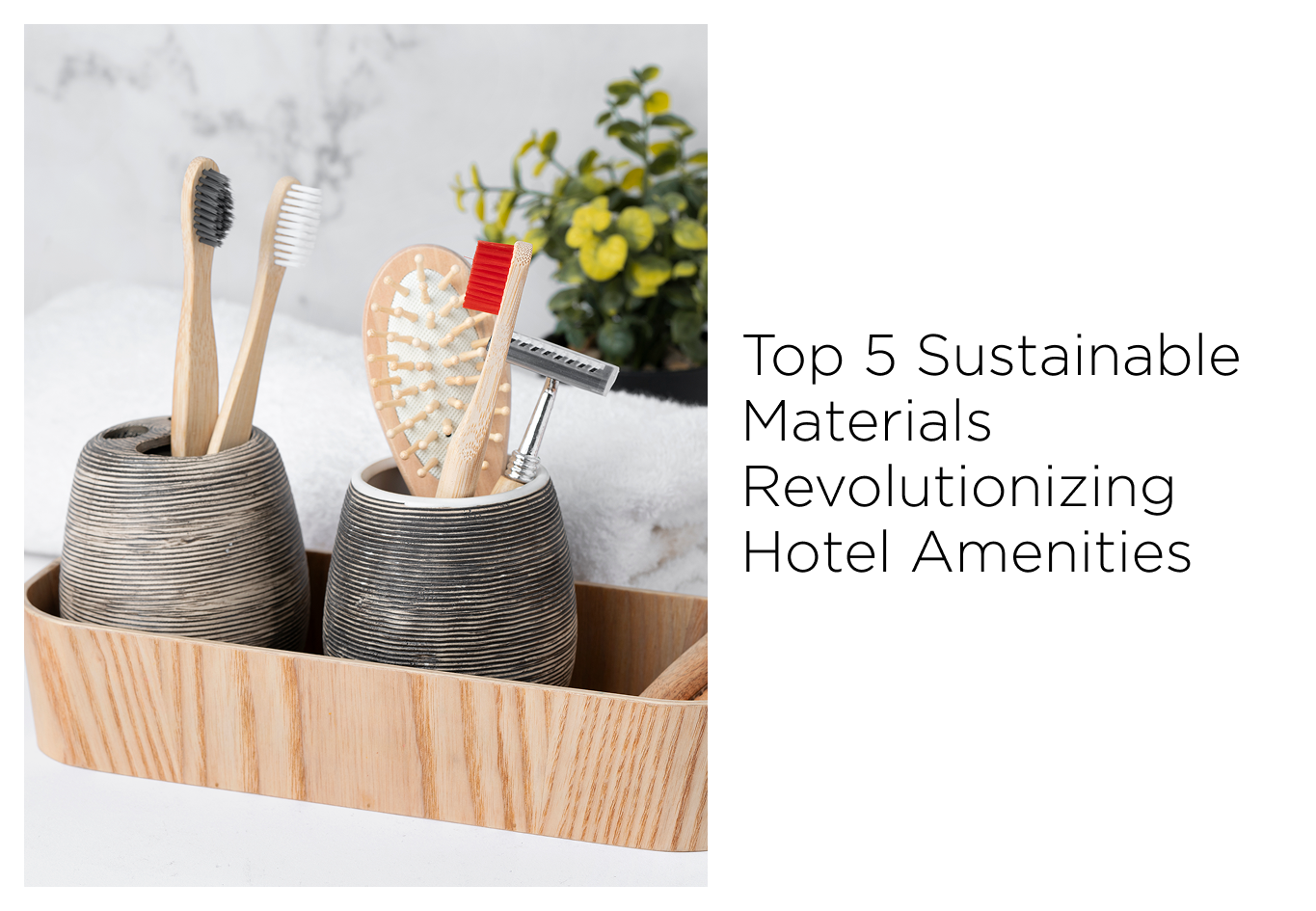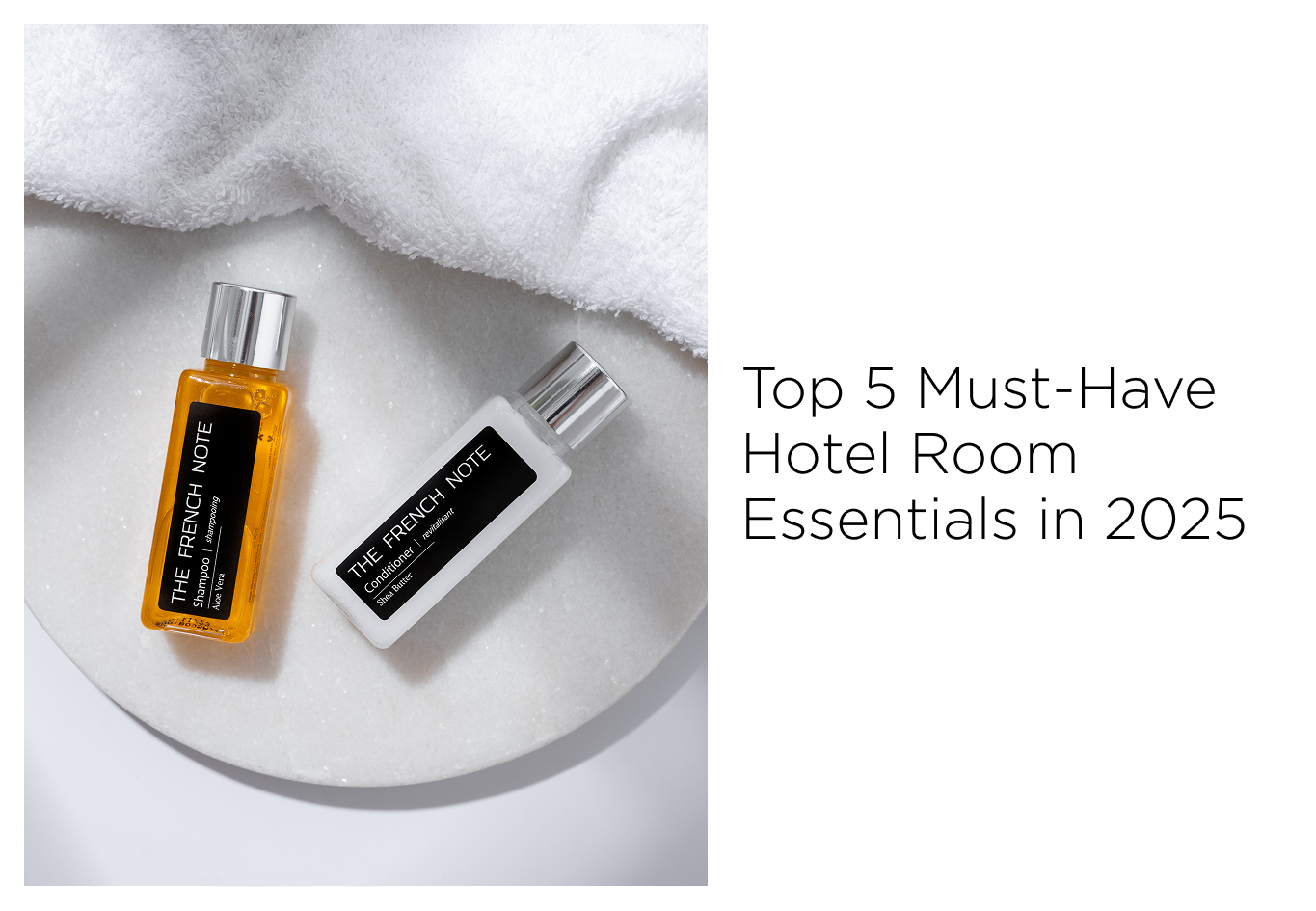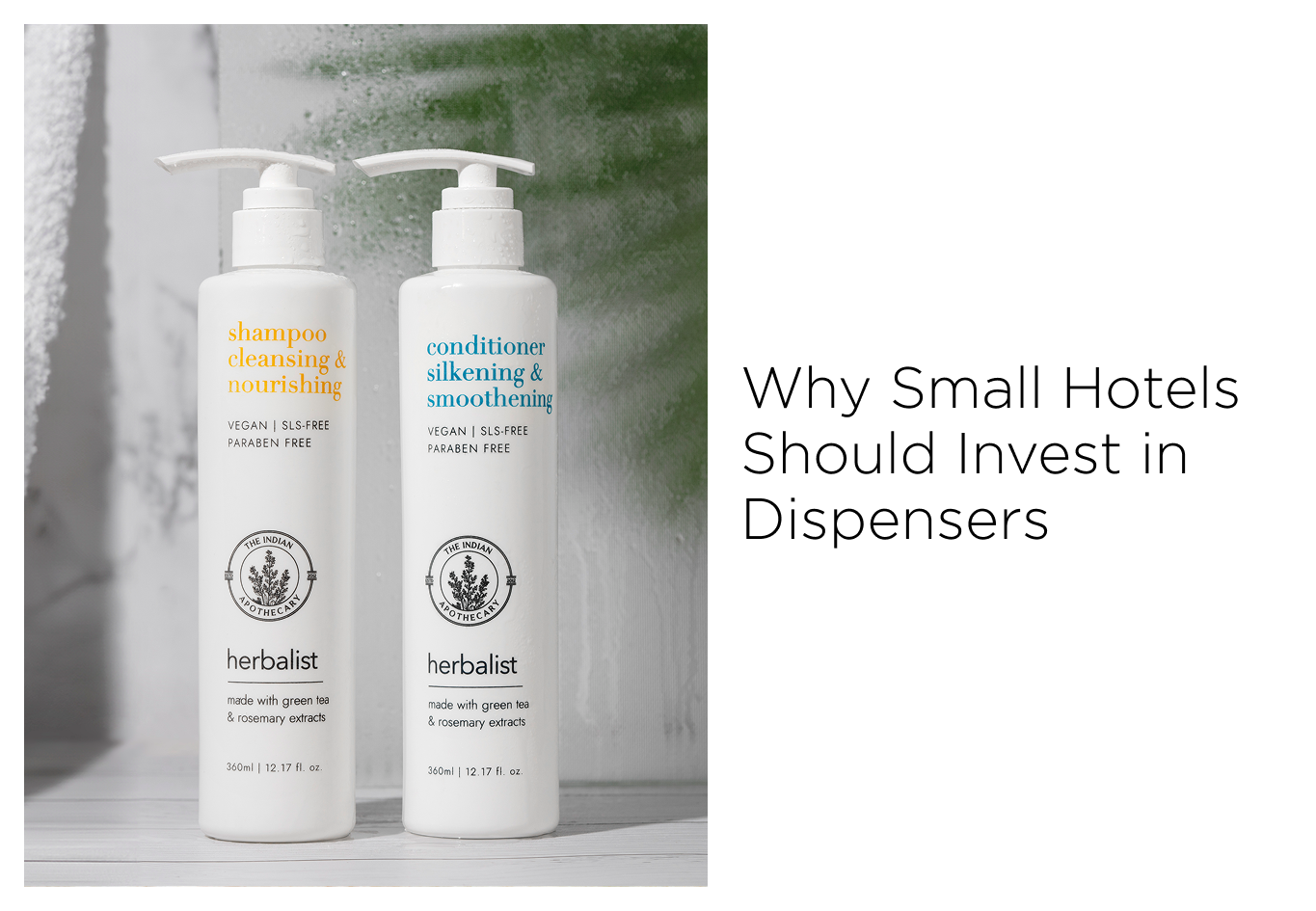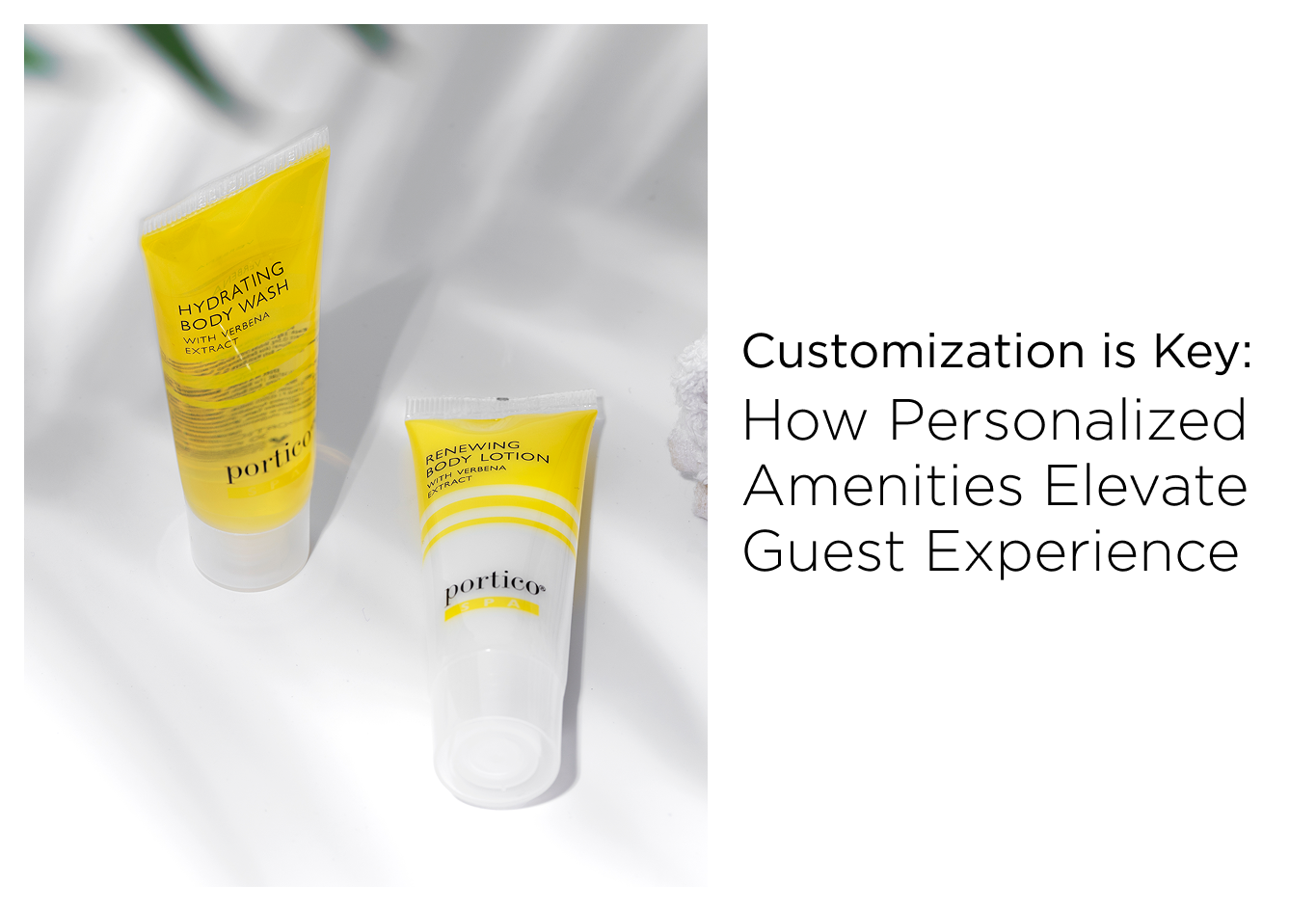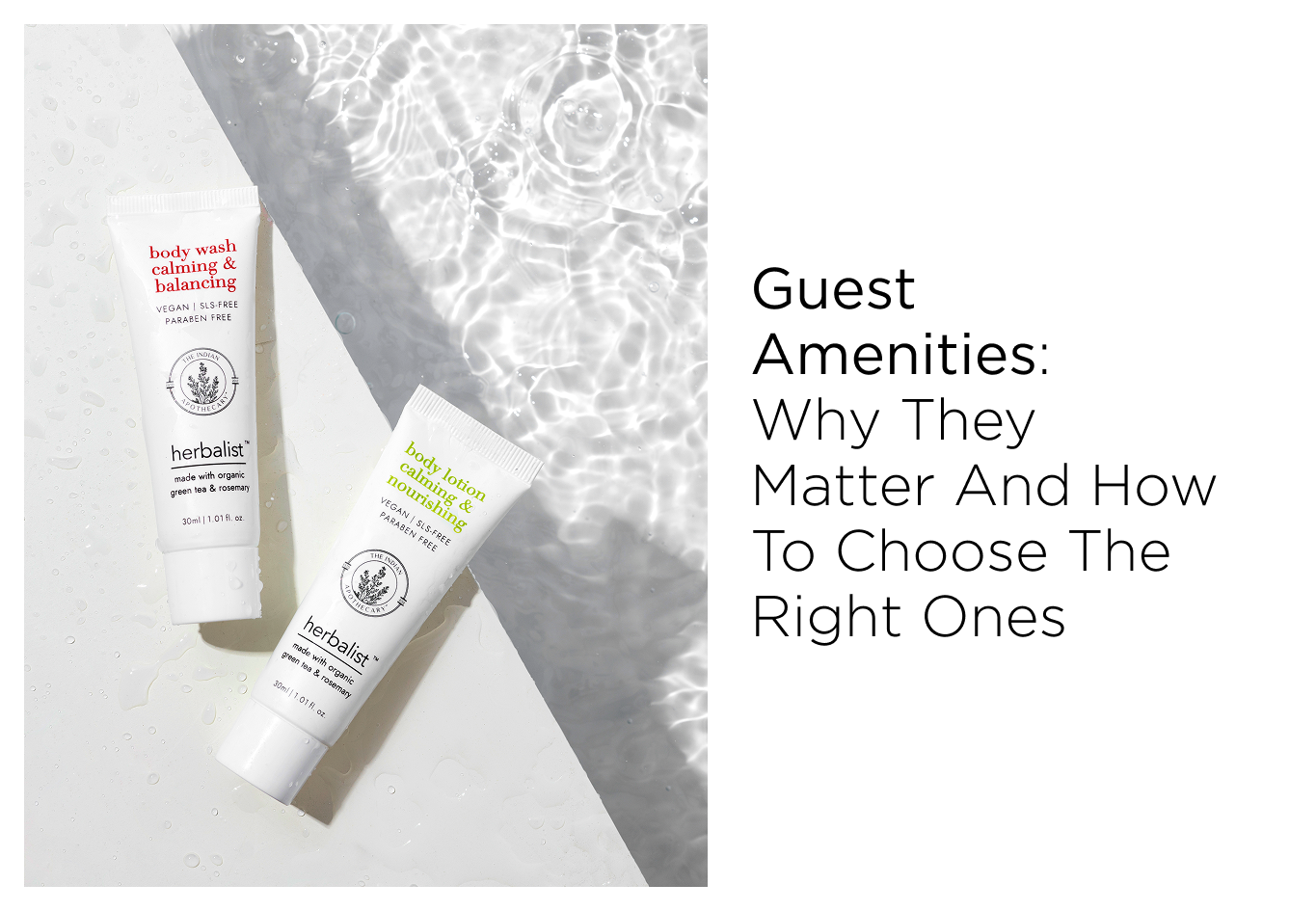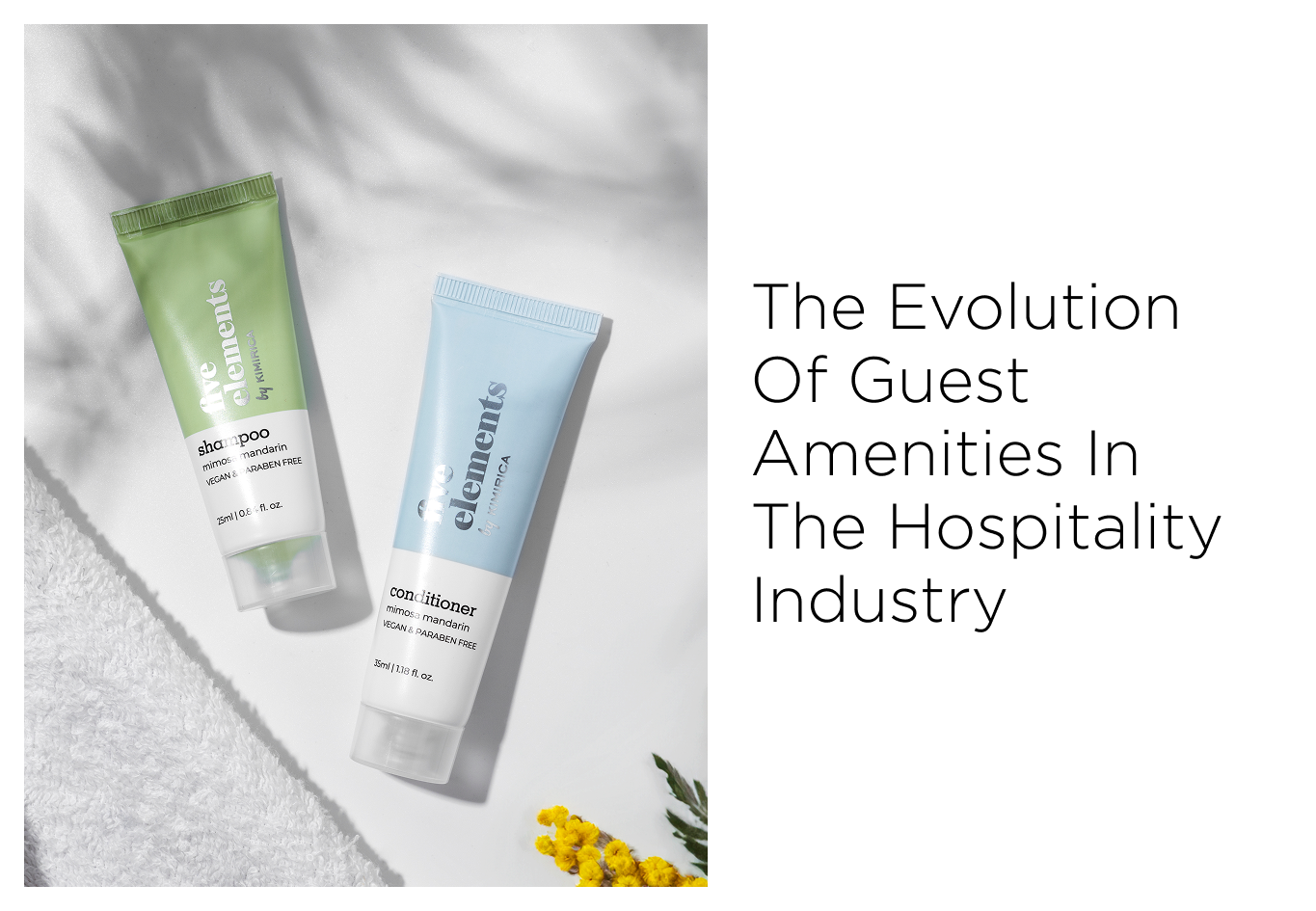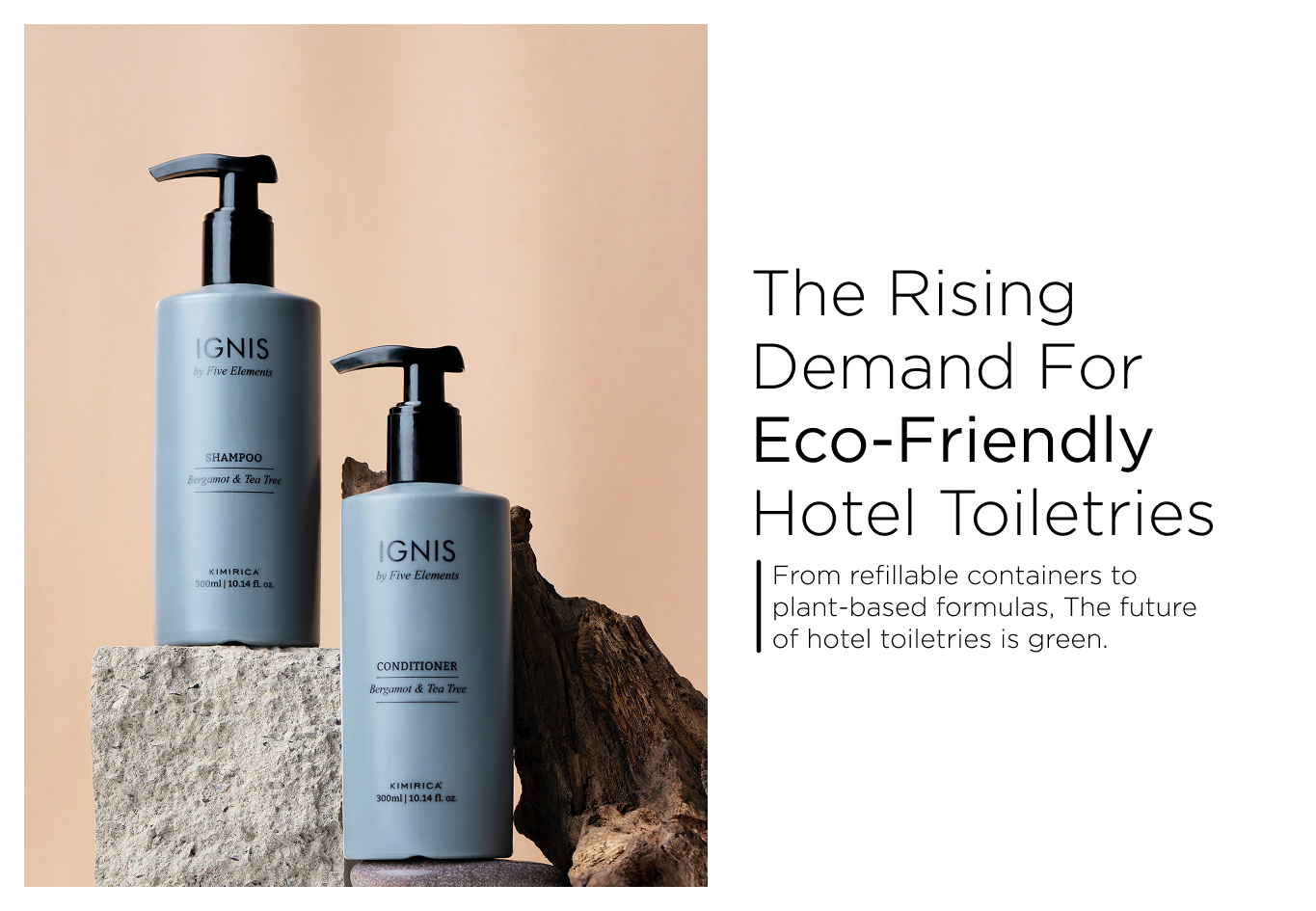Jul 3, 2025
Introduction: Why It’s Time to Rethink Guest Toiletries
In the hospitality world, guest toiletries are more than just practical items — they reflect your brand values. And today, one question keeps popping up: “Are these really necessary in plastic?” As sustainability becomes a non-negotiable for modern travelers, hotels clinging to plastic-packed shower caps and sanitary bags may soon find themselves lagging behind, not just in trends, but in bookings.
What Are Traditional Plastics Used In?
Take a look around a standard hotel bathroom and you’ll find a shower cap in a glossy, crinkled wrapper, a clear disposable sanitary bag, and a range of items like combs, toothbrushes, and sewing kits sealed in identical plastic sleeves. These are typically made from polyethylene (PE), polypropylene (PP), or polystyrene — materials known for their low cost and durability but also notorious for their environmental impact.
Join the Eco-Hospitality Movement – Connect Now
Why Traditional Plastics Fall Short Today
These conventional plastics don’t biodegrade. They remain in landfills for hundreds of years and, when they do break down, they release microplastics into ecosystems. More importantly, guest perception has evolved — single-use plastics are increasingly viewed as wasteful rather than luxurious. For hotels still relying on these materials, the risk isn’t just environmental but reputational, potentially alienating an eco-conscious guest base.
The Rise of Biodegradable Materials in Hospitality
Today, leading hotels are making a conscious shift from plastic to plant-based materials. From compostable shower caps to eco-friendly sanitary bags, biodegradable alternatives are entering the mainstream. This change is being driven by stricter regulations on single-use plastics, growing consumer demand for sustainability, and an opportunity to redefine luxury in a responsible light.
What Counts as ‘Biodegradable’?
Biodegradable materials decompose naturally into non-toxic components like water, carbon dioxide, and biomass, typically under composting conditions. Common examples in hospitality include PLA (polylactic acid) made from cornstarch, wheat straw fiber, bagasse (sugarcane pulp), unbleached kraft paper, and recycled cardboard with soy ink printing.
Examples of Biodegradable Guest Toiletries
Many hotels are now replacing traditional plastic items with eco-friendly versions. Shower caps wrapped in PLA, sanitary bags made from wheat straw or kraft paper, bamboo or bagasse toothbrushes sealed in paper sleeves, and vanity kits packed in unbleached paper with soy-based ink printing are just a few of the many sustainable shifts. These changes reduce plastic waste and align your brand with the values of today’s environmentally conscious travelers. Kimirica has been a pioneer in this space, offering biodegradable, guest toiletries that balance luxury with sustainability. Whether it’s compostable wrappers or eco-friendly personal care products, their collections are thoughtfully designed for the needs of modern hotels.
Guest Expectations Are Changing
A 2024 Booking.com survey revealed that 78% of travelers now actively seek sustainable practices when booking accommodation. For Gen Z and Millennial guests especially, biodegradable toiletries are not a bonus — they’re expected. Your amenity choices directly impact how these guests perceive your hotel’s values and commitment to the planet.
Cost Comparison: Biodegradable vs Traditional Plastic
While biodegradable options may cost 15–30% more, they offer significant returns in brand image, guest satisfaction, and compliance with evolving plastic regulations. Over time, hotels may also benefit from cost savings through bulk procurement. Most importantly, these choices foster long-term guest loyalty.
Aesthetic and Branding Benefits
Biodegradable materials not only serve the environment but also elevate the visual appeal of your in-room offerings. With matte finishes, natural tones, and custom soy-based printing for brand logos, they create a premium unboxing experience. Kimirica’s eco-amenity designs are a testament to the idea that sustainability and luxury can go hand-in-hand.
Disposal and Decomposition: What Happens Post-Use?
Biodegradable products typically break down within 90 to 180 days in composting environments, leaving no toxic residue. Even in standard waste conditions, they decompose — albeit at a slower rate. In contrast, traditional plastics can persist for centuries, leaching microplastics into soil and water, and often requiring specialized recycling processes that are rarely implemented at scale.
Are Biodegradable Options Always Better?
Not necessarily. It’s important to be cautious of greenwashing — marketing claims that aren’t backed by evidence. When sourcing biodegradable products, look for verified certifications, transparency in ingredients, compostability reports, and clear timelines for decomposition.
Certifications to Look For
To ensure you’re sourcing genuinely sustainable amenities, verify certifications like BPI Certified Compostable, TÜV Austria OK Compost (Home or Industrial), EN13432 or ASTM D6400 compliance, and Plastic-Free Certification where applicable. These marks signal that your products meet global sustainability standards and aren’t simply riding a trend.
How to Transition: A Practical Guide for Hotels
Start by auditing your current plastic usage — focus first on high-touch items like shower caps, sanitary bags, and toothbrush kits. Reach out to certified vendors for biodegradable alternatives. Train your staff on proper disposal and eco-practices, and make sure to communicate your sustainability commitment through in-room tent cards or digital displays to educate guests and increase appreciation.
Conclusion: Small Choices, Big Impact
A single shower cap may seem insignificant. But multiplied across rooms, properties, and years, even small changes can drive enormous environmental impact. Choosing biodegradable toiletries is not just a sustainability trend — it’s a long-term commitment to thoughtful hospitality, guest satisfaction, and future-proofing your brand. Because guests don’t just remember the comfort of your sheets or the aroma of your soaps. They remember how your values made them feel — and what kind of world you helped create.
FAQs
1. Are biodegradable toiletries as hygienic as plastic ones?
Yes. Certified biodegradable products meet the same hygiene and safety standards.
2. How should biodegradable packaging be disposed of?
Ideally in compostable or organic waste bins. However, most will still break down safely in general waste over time.
3. Is this switch only meant for luxury hotels?
Not at all. Boutique hotels and budget accommodations are also adopting biodegradable options — often starting with just one or two items.
4. What’s the shelf life of biodegradable toiletries?
Typically 12 to 18 months. It’s best to store them in cool, dry conditions for optimal shelf life.
5. Can I customize biodegradable products with my brand?
Absolutely. Many suppliers, including Kimirica, offer custom-branded eco-packaging to match your hotel’s identity.
Final Thought: Would Your Guests Approve?
Before placing your next bulk order of plastic-wrapped amenities, ask yourself — would my guests appreciate what’s inside or disapprove of how it’s packed? If you’re ready to make the switch, Kimirica is ready to help.
Ready to Elevate Your Eco-Hospitality Game?
Explore Kimirica’s biodegradable toiletry collection — crafted for modern hotels that care about comfort, luxury, and the planet.
